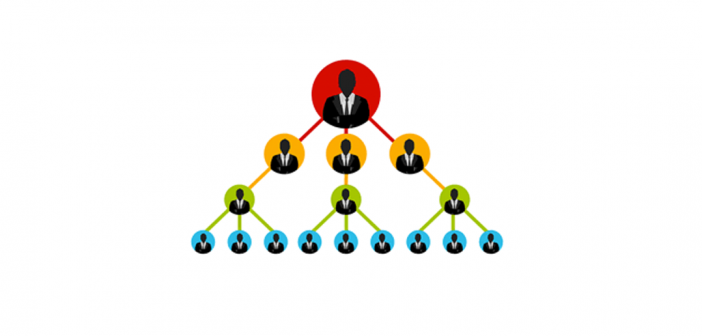A couple of years back I recall seeing an ad in the paper during my search for a job. I had been unemployed for a while and was desperate for employment. I could not believe my eyes as the ad proposed that I could own my own company in the space of 6 months. I had always wanted to own my own company so I jumped at the opportunity to get the job and hopefully my own company half a year later.
I went through for the interview and there were hundreds of other people waiting along with me to get a job. The interview was a day long and I’d realise at a later stage that it was less about me trying to get the job and more about them trying to sell the job to me. The position was for a sales position and I was sold by the great atmosphere and culture within the company. Obviously I imagined myself wearing the expensive suits and driving the expensive cars that the owners of the company flashed generously.
All I had to do was reach my sales target consistently and less than two months later I was promoted to training manager and had two of my own juniors under my wing. That was the deal. You recruit sales people under your wing until you have a big enough team that makes enough revenue for you to have your own company.
The long hours and minimal pay eventually started taking its toll. It was all starting to unravel as I got more involved in the inner workings of the company. It became clear why we interviewed hundreds of people on a daily basis and the tactics we used to lure them to work for us.
Essentially I had been hoodwinked into a sales pyramid scheme.
From scammers claiming to have a massive payout just waiting for you to phishing scams that request your details over email or fake employment hoaxes that require a sign-up fee, it’s clear that the world is full of unscrupulous individuals who are doing their best to part you from your money. By keeping your wits about you, you can fight back against these fraudsters.
Common South African scams
- Phishing – when someone pretends to be from your bank or other financial institution and gets you to reveal your private banking information so that they can access your account.
- 419 Scamming – when a person sends you an email claiming that they have access to a large amount of money, but they need your help withdrawing it. All you have to do is send them a little money so that they can open an account in your name/buy an airline ticket/register your company. You’ll never see your money again, and there never were any millions.
- Fake job scams – no employer will ask you to pay money upfront for a job. These scams are unfortunately rife in South Africa.
- Pyramid schemes – these encourage you to put money into an investment or a product that will earn you an income. You are then also encouraged to sell the same investment or product to others. When the scheme has enough members investing, the originators simply vanish overnight.
- The computer scam – someone phones you pretending to be from Microsoft or another similar company and asks for your passwords to correct something on your computer. They then either tell you that you need security software and ask you for your credit card details or encourage you to download software that they then use to pick up your banking details.
How to recognise a scam
Here are some of the indicators that a “special offer”, “employment opportunity” or “financial windfall” are just too good to be true:
- The number one indicator that an offer is too good to be true is that it offers unrealistic returns. The top performing investment funds offer a return of less than 30% per year. This means that if you’ve invested R1 000 at the beginning of the year, by the end of the year, you’d have R1 300. Any “investment company” offering a better return than that is a hoax. If your friends have done it and had a good return, they are being groomed to invest larger amounts of money before the investment company closes shop overnight.
- Any offer – whether its employment or investment or a special deal – that requires you to put in money upfront is a hoax.
- Any unsolicited request for private information – whether it comes in an email or on the phone is a hoax. If the request seems legitimate, check the company’s phone number by searching on the internet (not on the site that the email or phone caller directs you to) and phoning them directly to verify.
- Although pressure is a common sales tactic, it is also often used by hoaxers to get you to commit before you’ve had a chance to think. If someone is putting you under pressure to pay money or reveal information, immediately cut short the conversation and take the time to think and research.
Protect yourself
The one good thing about scams and hoaxes is that someone else has almost always been duped before you. This means that most scams are listed on the internet, and you can easily identify them by doing a search for the key words in the scam, for instance, “job offer, work from home”.
Never reveal personal information or provide cash upfront and remember that if it sounds too good to be true, it probably is.
Note that this post is sponsored by 1Life Insurance to educate on you on common South African scams. Visit them to get reliable information on life insurance online and get a qoute for Life Cover online.
The Fuss maintains full editorial control of the content published on this site.






